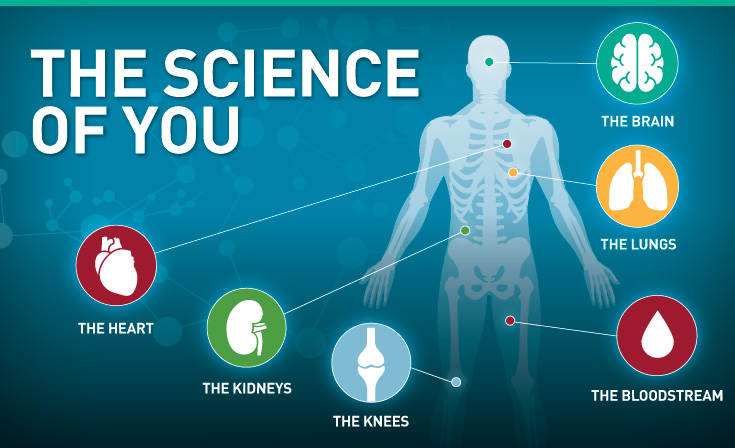Mass General Research Institute
Massachusetts General Hospital is home to the largest hospital-based research enterprise in the U.S., with an annual budget of over $928 million in 2018.

From investigating the molecular basis of life in the laboratory to developing innovative new treatments for patients, the 6,000+ members of the Mass General Research Institute are all working towards a common goal...understanding the science of you.
THE BRAINCan we use technology to provide a cost-effective epilepsy treatment for patients in developing areas? A Mass General research team is working with investigators in Bhutan to test a smartphone based EEG system that would allow the remote diagnosis and treatment of epilepsy in areas without a practicing neurologist. LEARN MORE |
|
THE HEARTCould genetics hold the key to preventing heart attacks? Mass General researchers have identified a genetic mutation in some individuals that works to naturally lower the levels of a harmful cholesterol. Now, we are working to find medications that can replicate the same effect. LEARN MORE |
|
THE LUNGSHow can we get busy teens to take care of their asthma? Working alongside colleagues at Partners Connected Health, researchers from Mass General found that teens with asthma took better care of their symptoms when they joined a Facebook group that provided reminders and encouragement from doctors and peers. LEARN MORE |
|
KIDNEYSHow can we improve the success rate of kidney transplants? Researchers at Mass General were among the first to report a high success rate in transplanting a donor's bone marrow along with the organ, thereby inducing tolerance without side effects from powerful anti-rejection drugs. LEARN MORE |
|
THE KNEESCan we help ACL tears heal faster? An anterior cruciate ligament (ACL) tear is one of the most prevalent knee injuries in athletics. Mass General has convened an interdepartmental research team of 30 specialists to focus on ACL research, prevention, treatment, rehabilitation and recovery. LEARN MORE |
|
THE BLOODSTREAMWhat role do circulating clusters of tumor cells play in the spread of cancer? Our researchers have developed a new device that can capture these extremely rare clusters of two or more cells from the blood stream, which are believed to be more likely to cause new tumors than single circulating tumor cells. LEARN MORE |
